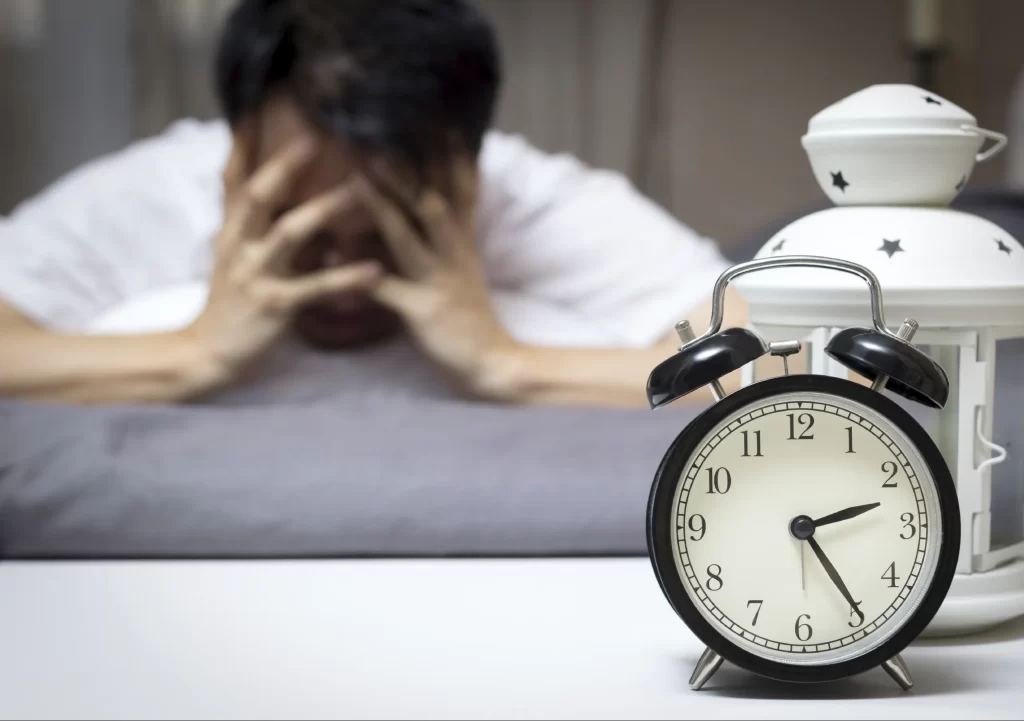The Struggle with Sleep
Last night, I had a lot of trouble sleeping. This isn’t exactly news, as I struggle with this issue at least several times a week. However, this time, I paid closer attention to what kept me awake, and it turns out, it was a combination of a few things.
Physical, Mental, and Emotional Factors Impacting Sleep
The sources of my sleep problems fluctuate and vary a great deal. If there were a single cause, it would be much easier to solve, but there isn’t. Sometimes, my body keeps me awake. Due to the wear and tear over the years, I deal with several chronic conditions that, while not limiting my abilities, result in constant pain. There are also times when I push myself harder in workouts (such as visiting a trampoline park), which leaves lingering muscle and joint pain that disrupts my sleep.
Other times, it’s my mind that keeps me awake. As an entrepreneur and CEO of my company, I have many responsibilities and a limited number of hours to manage everything. This often leads me to mentally replay the past day or rehearse the next one when I should be fully immersed in sleep, which is the key to recovery and preparation.
Emotions are another factor. While my fiancé and I try our best not to go to bed angry, there are still moments when the stress of kids, responsibilities, and daily life generates frustration, anxiety, and irritability, making sleep challenging.
The Complex Combination of Factors Affecting Sleep
Most of the time, my sleep problems stem from a combination of these physical, mental, and emotional factors. Even if the chronic pain isn’t any worse than usual, my body can feel jittery or overly alert, preventing me from winding down. My mind can jump between physical discomforts, reflections on past successes or failures, and anticipation of the coming day. Emotionally, I might experience excitement, disappointment, or frustration, all of which can contribute to sleepless nights.
Preventative Measures to Improve Sleep
Despite these challenges, there are several preventative measures I take—or could take more consistently—to improve my chances of falling asleep. Here are some strategies that can help me (and others) achieve better sleep:
1. Stick to a Consistent Bedtime
One of the most effective ways to train your body and mind for sleep is to go to bed at the same time every night, regardless of whether it’s a weekday or weekend. This consistency helps regulate your sleep cycle, creating the necessary conditions for a restful night.
2. Set the Right Room Temperature
Ensuring your room is the right temperature is key to good sleep. Ideally, the room should be in the mid to high 60’s Fahrenheit. While this can be tricky since my fiancé is always cold, I’ve learned to prioritize creating the optimal sleep environment. Moving forward, I’ll trust that she’s comfortable enough to wear extra layers for a short time before bed, especially as she’s already using a heated blanket.
3. Avoid Late-Night Eating
Eating too close to bedtime negatively affects sleep quality. Although I used to snack before bed, I’ve noticed a correlation between late-night eating and poorer sleep quality. To improve, I plan to adjust my schedule, eating dinner no earlier than 7 pm so that I’m not hungry before bed at 9 pm.
4. Make Exercise a Priority
Exercise is crucial for improving sleep. My body responds best to vigorous activity for at least an hour each day. Although time constraints sometimes make this difficult, it’s clear that prioritizing exercise will help me sleep better. Better scheduling and dedication will make regular exercise more achievable.
5. Establish a Pre-Sleep Wind-Down Routine
A calming pre-sleep routine can help signal to your body that it’s time for rest. I usually wind down by watching an episode or two of “Friends” with my fiancé, followed by a few pages of fiction. While experts recommend avoiding screens before bed, we find that light, stress-free entertainment helps us relax. It’s important to strike a balance between unwinding and leaving work and life stresses behind.
Read More: How to Distinguish Stress from Pressure and Master Arousal for Peak Performance
Conclusion: Prioritizing Sleep for Better Health and Productivity
By focusing on these five key areas and creating an environment conducive to sleep, I hope to improve the quality of my rest. Sleep is a critical component of productivity, health, and overall well-being. If sleep is an issue for you as well, I encourage you to try these techniques and share any additional tips you may have. The time and energy spent improving sleep are never wasted.





